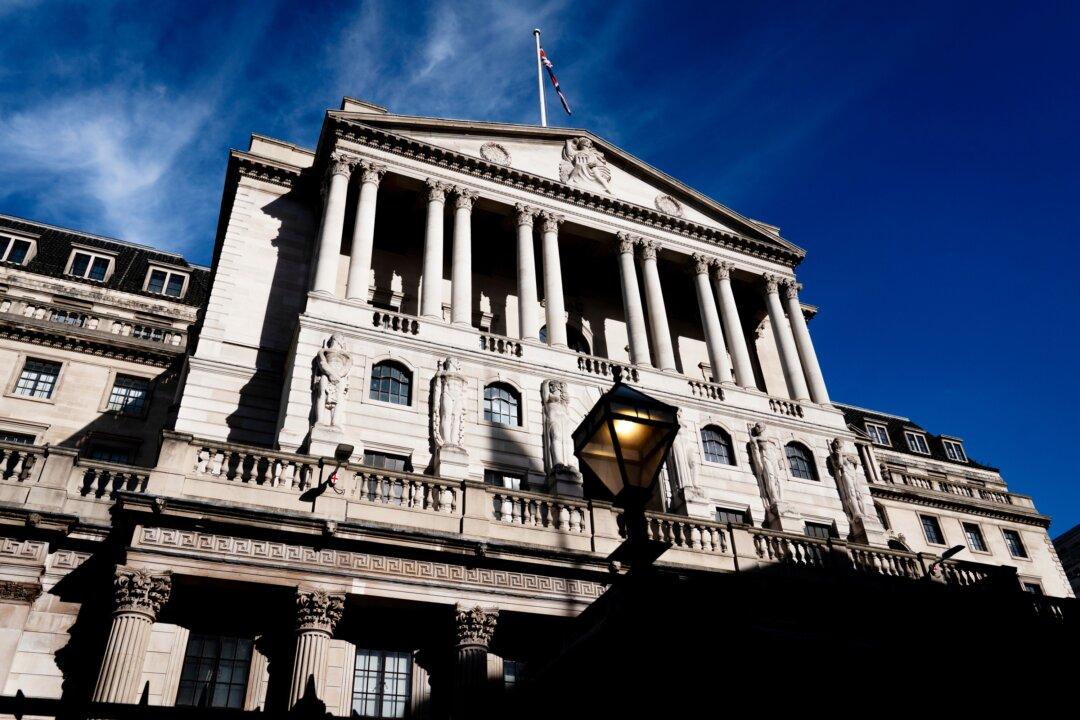While research should continue, the launch of a digital pound must not be considered inevitable, the Treasury Committee of Parliament warned on Saturday.
The committee published its first report on creating a UK Central Bank Digital Currency (CBDC), saying it’s likely to be costly and it’s still not clear whether the benefits are likely to outweigh the risks.





